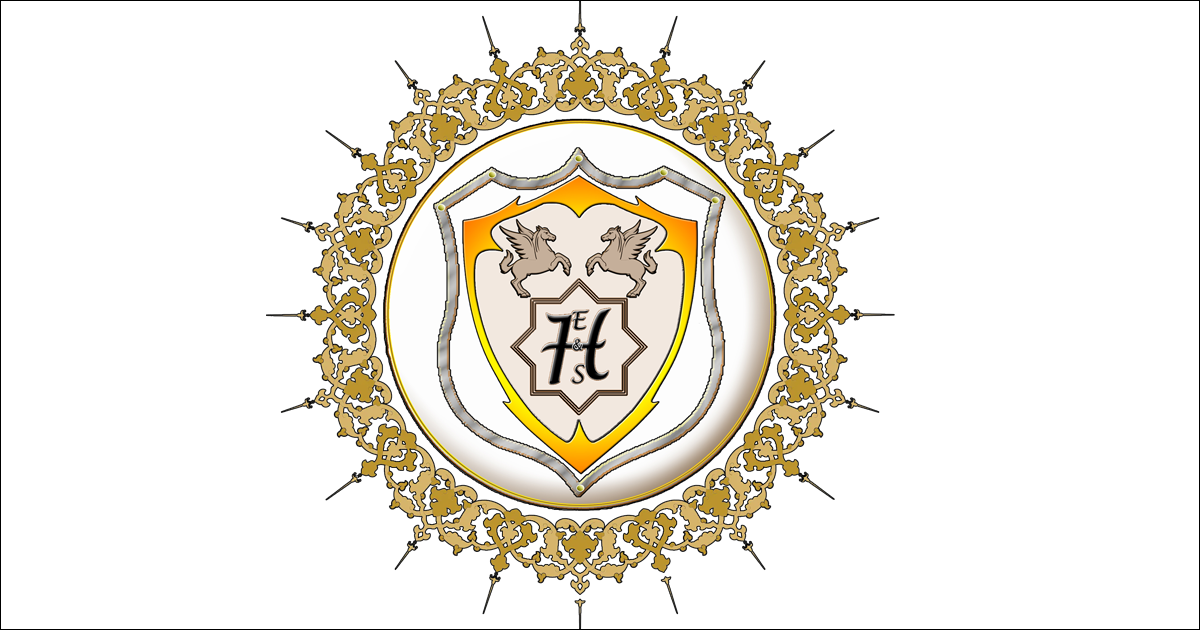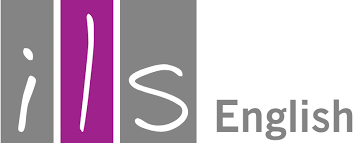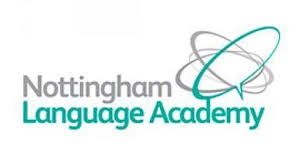Day 1:
Foundations of Cultural Competency
Understanding the concept of cultural competency and its relevance in modern workplaces.
Exploring key theories: Hofstede’s Cultural Dimensions and Bennett’s DMIS.
Identifying common barriers to effective cross-cultural communication.
Recognizing the business case for cultural competency through data-driven insights.
Day 2:
Self-Awareness and Bias Management
Conducting self-assessments to uncover unconscious biases.
Understanding the role of microaggressions in perpetuating exclusion.
Strategies for mitigating bias in hiring, promotions, and daily interactions.
Practicing empathy-building techniques to enhance interpersonal relationships.
Day 3:
Communication Across Cultures
Mastering verbal and non-verbal communication styles across cultures.
Navigating language barriers and leveraging translation tools effectively.
Addressing cultural nuances in email etiquette and virtual meetings.
Role-playing exercises to simulate cross-cultural negotiation scenarios.
Day 4:
Conflict Resolution and Inclusivity
Identifying sources of cross-cultural conflict and their root causes.
Applying mediation techniques to resolve disputes amicably.
Developing inclusive meeting structures to ensure equal participation.
Creating safe spaces for open dialogue about cultural differences.
Day 5:
Policy Design and Implementation
Drafting diversity and inclusion policies aligned with organizational values.
Ensuring compliance with legal and regulatory standards related to cultural competency.
Measuring the effectiveness of cultural competency initiatives through metrics.
Presenting final action plans for implementing learned strategies in participants’ workplaces.























































